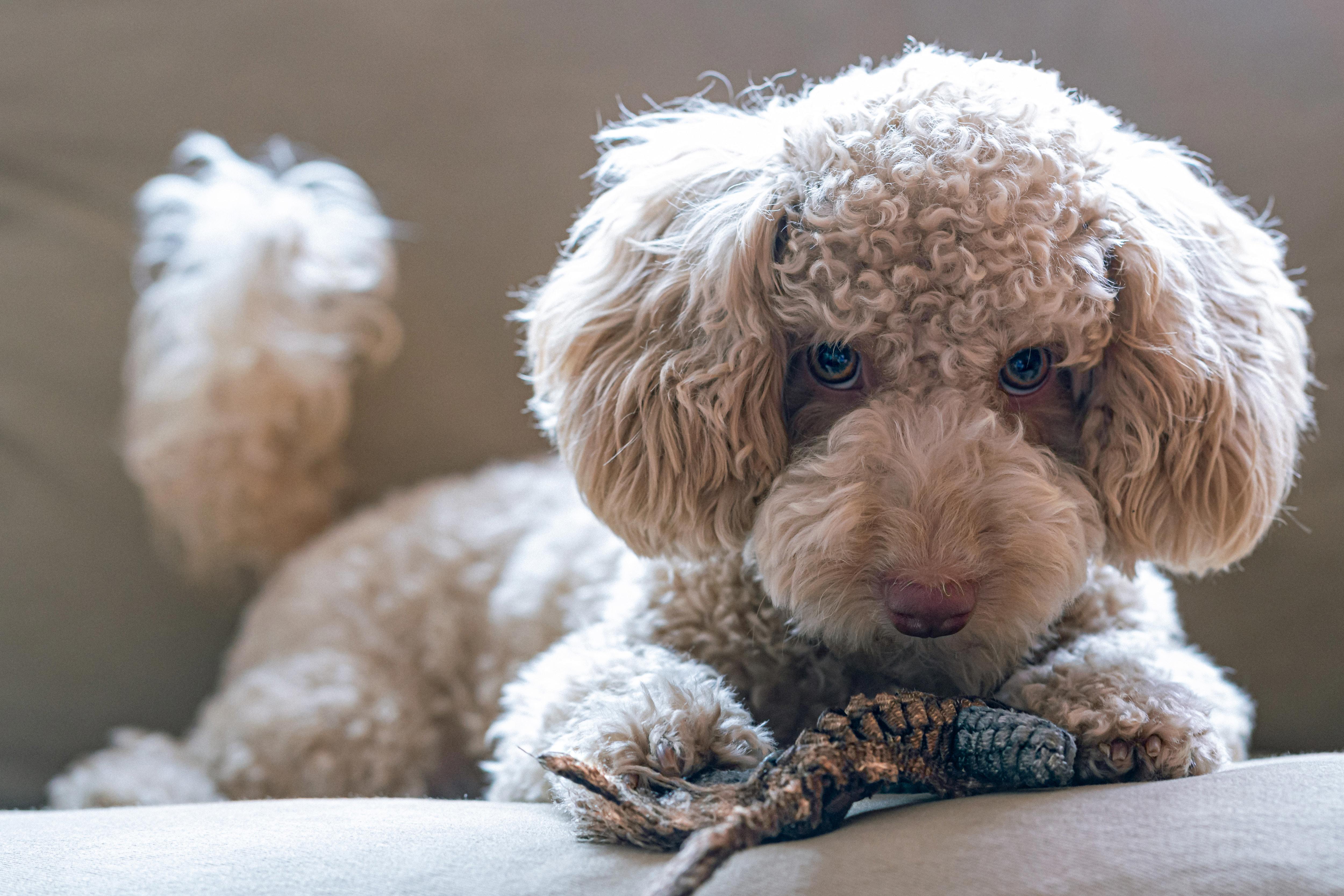As a Bernese Mountain Dog owner, you want to ensure your furry friend is healthy and happy. One area of your dog’s health that can often be overlooked is their dental hygiene. Dental problems in dogs can be painful and impact their overall wellbeing. As such, it’s essential to keep an eye out for any signs of dental problems in your Bernese Mountain Dog. In this blog post, we’ll discuss the common signs of dental problems to watch out for and provide tips on how to protect your dog’s smile.
As a devoted Bernese Mountain Dog owner, it’s important to be aware of and-health-exploring-the-link-between-breeds-and-health-issues/”>the signs of dental problems in your furry friend. Dental issues can not only lead to pain and discomfort for your dog but can also cause more serious health problems. In this post, we’ll be discussing the signs of dental problems in Bernese Mountain Dogs and what you can do to protect your pup’s smile.
Signs of Dental Problems in Bernese Mountain Dogs:
- Bad Breath: Bad breath can be caused by a buildup of bacteria in your dog’s mouth, which can lead to dental problems. If your Bernese Mountain Dog’s breath smells bad, it’s a good indication that it’s time to take a closer look at their dental health.
-
Yellow or Brown Teeth: If your dog’s teeth are yellow or brown, it’s a sign of plaque buildup. Plaque can harden into tartar, which can cause gum disease and tooth decay.
-
Bleeding or Swollen Gums: Bleeding or swollen gums can be a sign of gingivitis, a common form of gum disease. This can be caused by a buildup of plaque and tartar on your dog’s teeth.
-
Difficulty Eating: If your Bernese Mountain Dog is having difficulty eating or is avoiding certain types of food, it may be a sign of dental problems. Tooth decay, gum disease, and other dental issues can make it painful for your dog to eat.
 - Copy - Copy.png)
- Pawing at the Mouth: If your dog is pawing at their mouth or rubbing their face on the ground, it may be a sign of dental pain or discomfort.
Preventing Dental Problems in Bernese Mountain Dogs:
- Regular Brushing: Regular brushing is one of the best ways to prevent dental problems in your Bernese Mountain Dog. Brushing your dog’s teeth at least twice a week can help to remove plaque and prevent tartar buildup.
-
Dental Chews: Dental chews can help to remove plaque and freshen your dog’s breath. Look for chews that are specifically designed to promote dental health.
-
Annual Dental Checkups: Annual dental checkups are essential for your Bernese Mountain Dog’s dental health. Your vet can check for signs of dental problems and recommend treatments or preventative measures.
-
Healthy Diet: A healthy diet can help to prevent dental problems in your Bernese Mountain Dog. Feeding your dog a high-quality diet that’s low in sugar can help to maintain their dental health.
As a Bernese Mountain Dog owner, it’s important to be aware of the signs of dental problems in your furry friend. Regular brushing, dental chews, annual checkups, and a healthy diet can all help to prevent dental issues. If you notice any signs of dental problems in your Bernese Mountain Dog, it’s important to take action to protect their smile and overall health.
In conclusion, protecting your Bernese Mountain Dog’s smile is an important part of maintaining their overall health and well-being. By recognizing the signs of dental problems and taking preventative measures, you can help ensure that your furry friend enjoys a happy and healthy life with a beautiful smile. Remember to schedule regular dental check-ups with your veterinarian and to provide your pup with plenty of chew toys and dental treats. With a little bit of effort and attention, you can help your Bernese Mountain Dog maintain a healthy and happy smile for many years to come.
Please follow us on Social Media


%20-%20Copy%20-%20Copy.png)
%20-%20Copy.png)
%20-%20Copy.png)

%20-%20Copy.jpg)
.png)
%20-%20Copy.jpg)